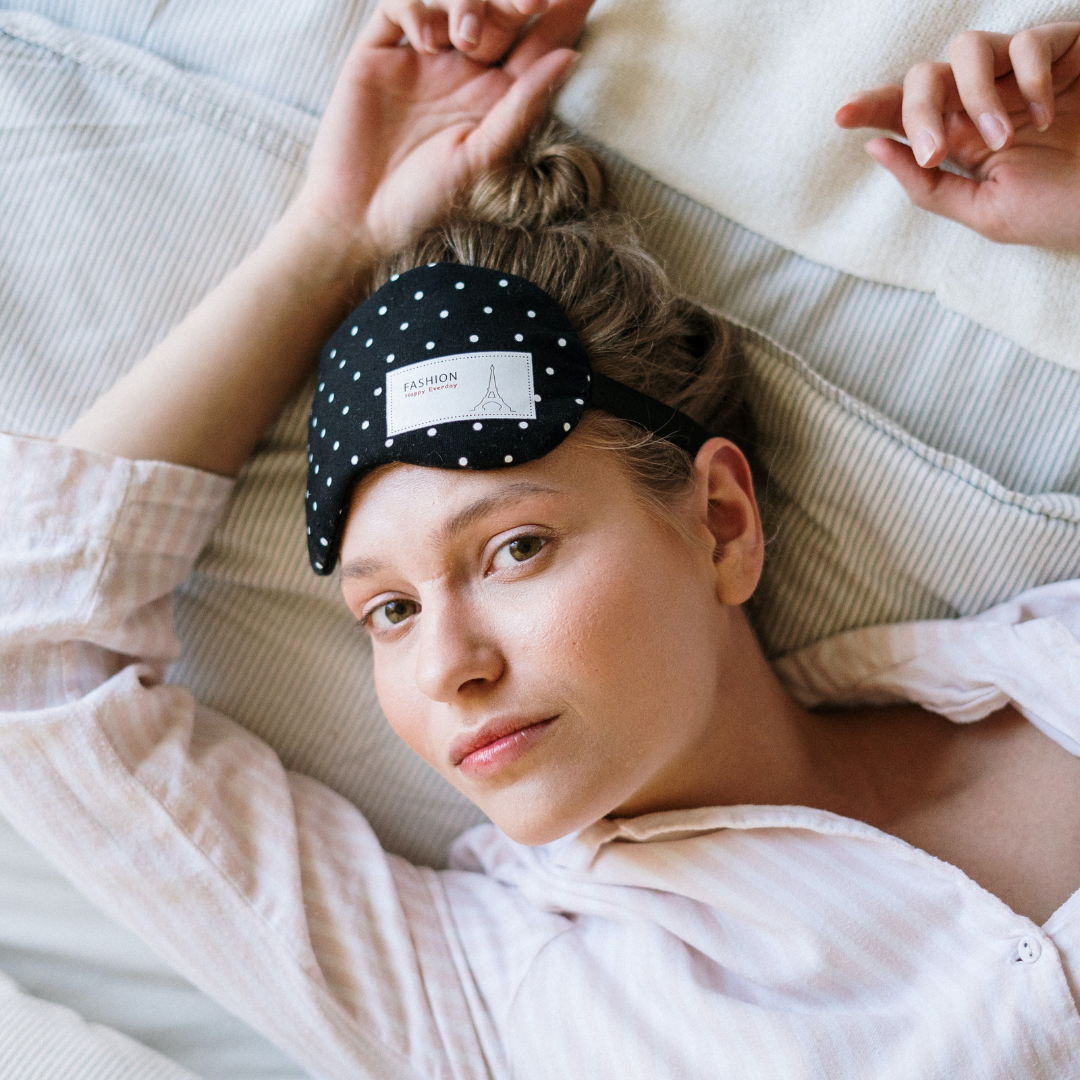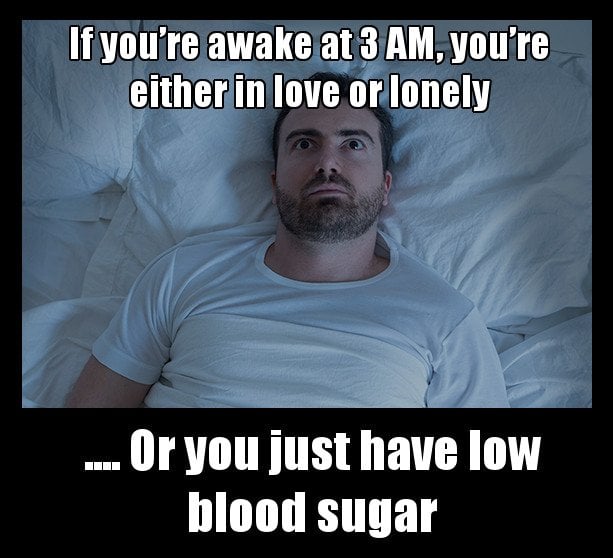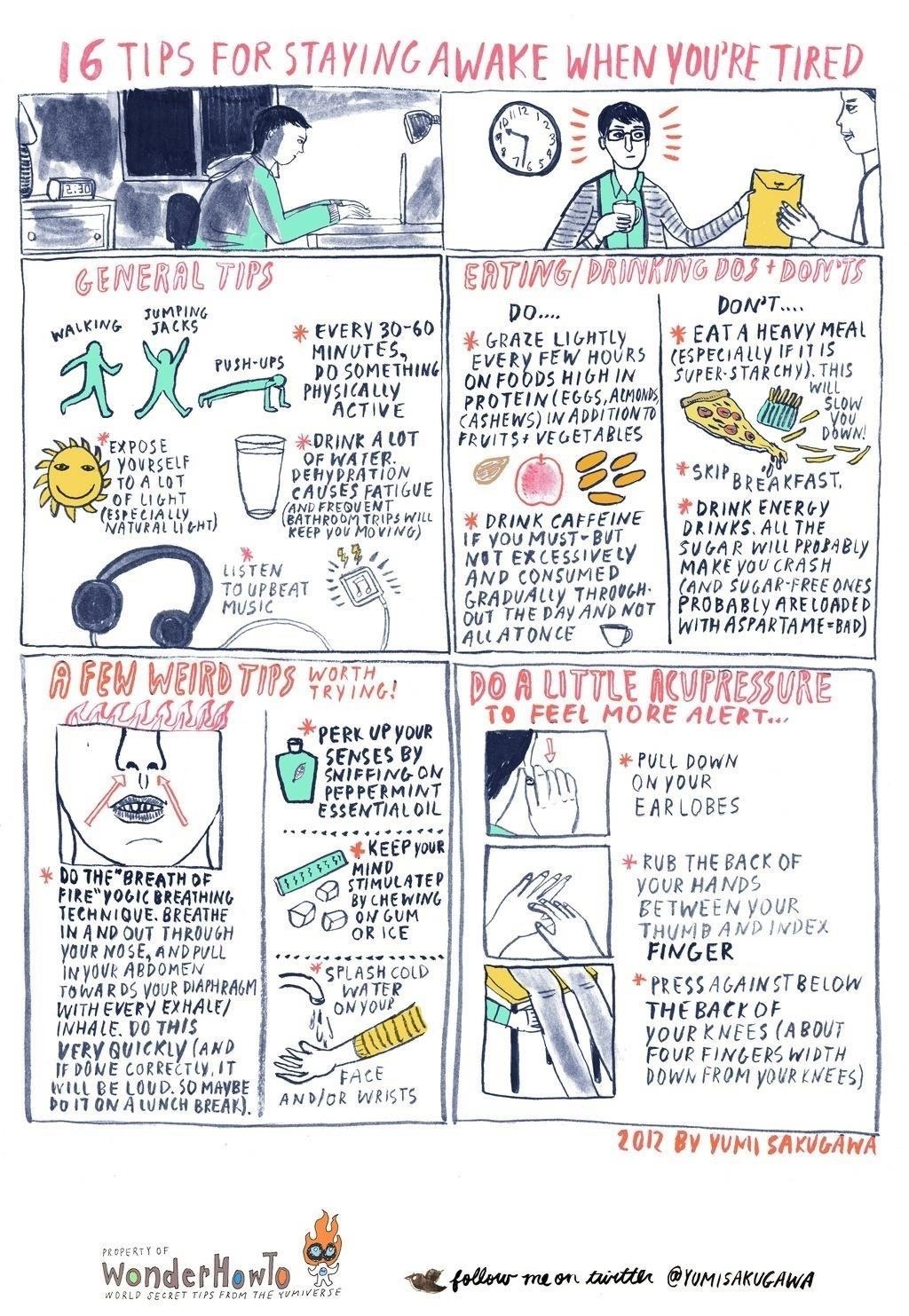
To put this into context: if you have a cup of coffee after your evening meal at 7 pm, by 1 am, 50 per cent of the caffeine is still circulating around your brain tissue. In addition, caffeine has an average half-life (the time it takes for half of it to be excreted from your system) of six to seven hours. Your melatonin and serotonin hormones are essential in helping you fall asleep. This is because caffeine increases levels of cortisol, which functions inverse to your sleep hormone, melatonin, needed to sleep. You should aim to eat at least two to three hours before you go to sleep to avoid this, but it’s important to also consider which foods you are eating.Ī psychoactive stimulant, it’s well-known that caffeine disrupts sleep. As a result, you may experience uncomfortable digestion symptoms that can disrupt your sleep, such as constipation, bloating, and acid reflux. Meaning that if you eat too close to your bedtime, your digestive system isn’t best prepared to process it. Like your brain, your digestive system is programmed to rest at night-time. Here, we outline eight foods that can disrupt sleep along with some sleep-healthy suggestions.

Nutrition and eating patterns play a crucial role in sleep hygiene, and some of the foods you are eating could be playing a role in keeping you awake at night. As well as affecting cognition, concentration and mental resilience, poor sleep has been linked to chronic illness i and cardiovascular problems. Sugar is not a stimulant food it is a very sleepy food.Not getting enough sleep at night can leave you feeling irritable and tired the next day, and if it happens regularly, it can also cause more long-term issues. If you are having a hard time getting up after breakfast, you may want to cut out your sugary drinks and your sweet snacks. If you are somebody who is interested in adding a spoonful of sugar into your drink, it may actually help you fall asleep much faster than otherwise. A lot of studies have indicated that large amounts of glucose in the bloodstream are definitely enough to suppress the activities of neurons in the brain. A lot of people have asked this question as well.Is sugar something that can actually help you sleep?.The cause can actually be because of a number of things. If the kids are hyper, it is not because of the sugar. For the last 30 years or so, researchers have known that sugar does not exactly cause any hyperactive spike in energy in any children. One of the most common misunderstandings that has to do with children and sugar is that many parents think that rampaging children is because of the sugar and because of the hyperactivity.There is absolutely no unique chemical properties in sugar that make it problematic for you to go to sleep. These are some starchy foods that have some effects on the blood glucose levels more than sugar.Rice, bread, potato and other things are also converted into glucose and end up in the blood. But, glucose does not exactly correspond with long-term wakefulness or energy. Glucose is the energy molecule, and it is available in the form of sugar.Sugar can be white, brown, beet, cane or anything, and it is digested, and it is turned into glucose, and it enters the bloodstream. Let me give you straight up facts : When you drink something that has sugar in it, the sugar actually ends up in your blood.In fact, sugar may be something that can help you sleep, more than hinder it.


Sugar only adds calories to your drink, and it does not add any problems, especially when it comes to sleep.They say that sugar is something that gives you energy, and that’s why it makes you hyper, but a lot of people have other information that I would like to present. A lot of people have fallen victim to some of the most pervasive and persistent myths which actually surround food and sleep.

Sugar keep you awake full#
There are some people who are claiming that tea is something that is full of sugar and keeps you up at night. In a very recent research study about chamomile tea and sleep, I actually received some very interesting information about it.


 0 kommentar(er)
0 kommentar(er)
